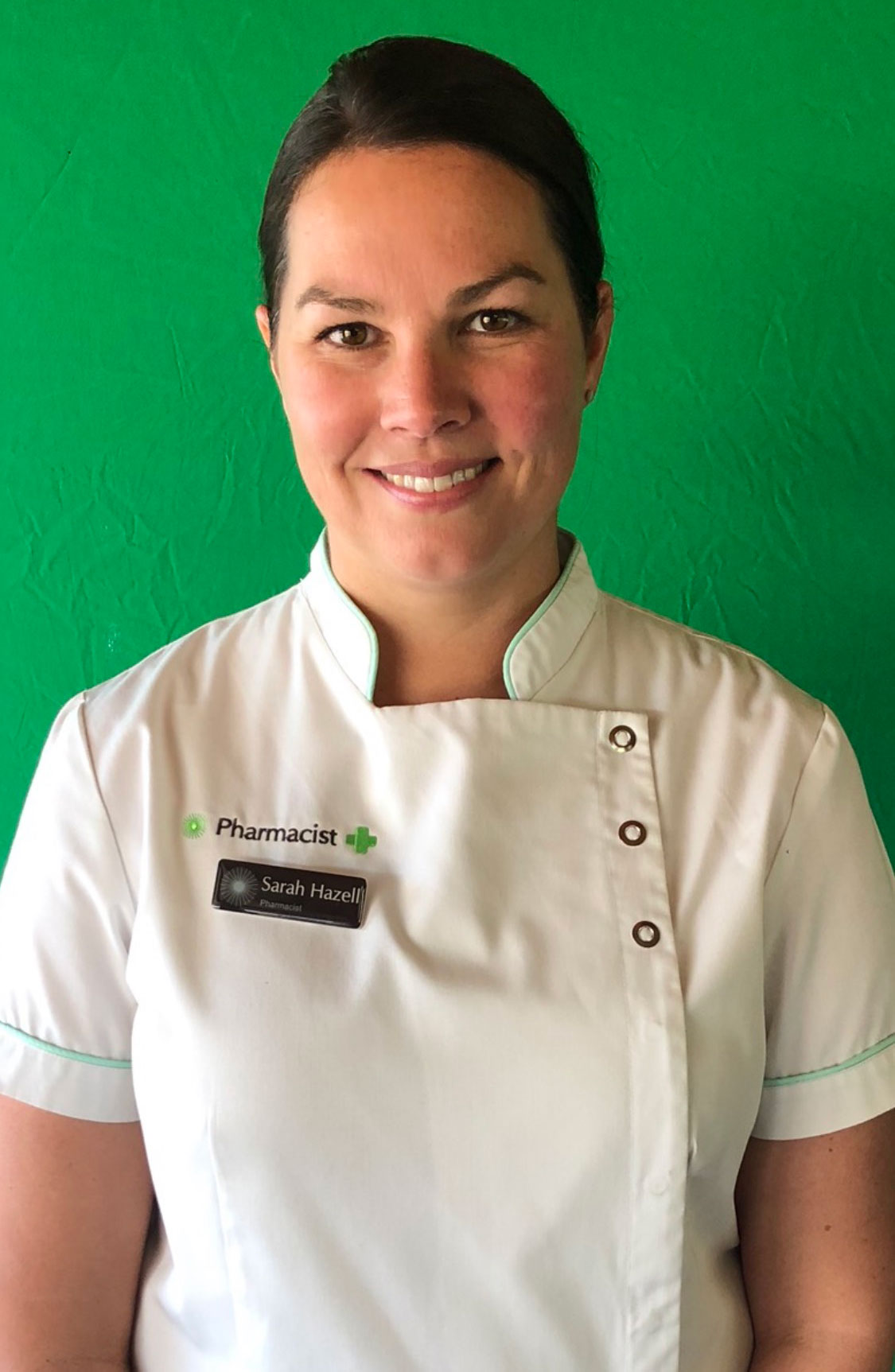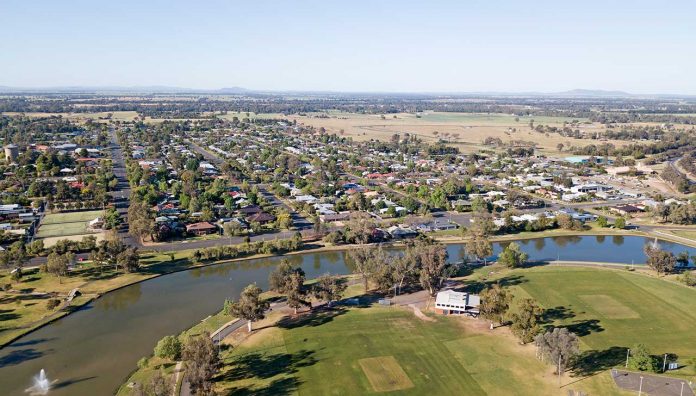For PSA’s latest information, updates and advice on the novel coronavirus outbreak, click here.
In the rural New South Wales (NSW) town of Forbes, population 8,400, close relationships with their customers are helping the team at Flannery’s Pharmacy thrive in unusual times.
While there have been reports of an increase in customer abuse due to the coronavirus pandemic, co-owner of Flannery’s and PSA’s NSW Pharmacist of the Year Sarah Hazell MPS said the residents of Forbes have been understanding.
‘We’re very fortunate to have had no diagnosed COVID-19 cases in our town as yet,’ she said.
‘If there were a lot of cases around us that would increase everyone’s anxiety and we would probably see some people getting agitated … but our customers have been fantastic.’

That’s not to say the team isn’t busy. As well as a drastic increase in the number of faxes coming through due to doctors moving to telehealth, the demand for influenza vaccinations is high and the pharmacy has more than doubled its number of home deliveries, as patients, particularly those aged over 70, heed government advice to self-isolate.
‘We’re encouraging patients to keep their prescriptions on file so we can deliver to them,’ Ms Hazell told Australian Pharmacist.
‘We’re also getting a lot of calls regarding flu vaccinations, but a lot of these are from patients who are entitled to a free vaccination through the National Immunisation Program (NIP).’
As pharmacists in NSW can’t administer NIP vaccines, Ms Hazell said patient education has been vital.
‘It’s time consuming but we’re explaining why [people eligible for NIP vaccines] are better off getting their vaccination done at a doctor’s surgery rather than the pharmacy.’
Community spirit
Ms Hazell has worked at Flannery’s her entire pharmacy career, beginning as an intern and becoming a partner in the business alongside Michael Flannery FPS in 2007.
‘I’ve never felt the need to look further or try something different – I love my role as a pharmacist here in Forbes,’ Ms Hazell said.
‘I remember hearing many years ago, “start with the heart share and the market share will follow”. That’s what we try to do.’
She said the most important thing in recent weeks has been to ensure her team members are coping.
‘In the initial stages, there was high anxiety for everybody. On top of that, we were so busy, the workload was massive and the team were exhausted by the end of the day,’ she said.
‘Looking after our people is very important, so we were communicating to them daily what was happening and the things we had in place [such as implementing a cleaning roster and installing perspex screens] to keep them and the community safe.’
While there was a run on products including salbutamol (Ventolin/Asmol) and children’s paracetamol, Ms Hazell said supply has improved, and the pharmacy now has masks and hand sanitiser back on the shelves.
‘It feels as though the initial panic has settled down a lot this month,’ she said.
‘It’s still chaotic but things are calmer.’
Other rural realities
But it’s not the same story for all rural pharmacies, as the owner of Dover Pharmacy in Tasmania and co-chair of the Rural Pharmacy Network Australia (RPNA) Fredrik Hellqvist MPS knows.

‘Some rural pharmacies are still reporting they are unable to source adequate supplies of, for example, asthma medication such as salbutamol,’ he said.
‘This situation may not be different from some metropolitan pharmacies at the moment, but rural areas are particularly vulnerable.’
Mr Hellqvist told AP that the distribution of vital medicines should be done ‘in a manner that ensures not just equality but true equity’.
‘This could be done by wholesalers gauging stock levels of pharmacies to target supply to areas in most need rather than drip feeding a pre-set supply,’ he said.
‘This is important as rural areas have demonstrably higher chronic disease burdens, including asthma.’
While Flannery’s Pharmacy has been able to increase its home deliveries after demand from the community, Mr Hellqvist said this isn’t always viable for smaller pharmacies in rural areas.
‘Many rural patients have a post office box, so the deal that has been negotiated with Australia Post for medicine delivery has limited applicability,’ he said.
‘The flat delivery fee is also not viable in rural areas – these pharmacies need a kilometre-based fee.’






 ‘We’re increasingly seeing incidents where alert fatigue has been identified as a contributing factor. It’s not that there wasn’t an alert in place, but that it was lost among the other alerts the clinician saw,’ Prof Baysari says.
‘We’re increasingly seeing incidents where alert fatigue has been identified as a contributing factor. It’s not that there wasn’t an alert in place, but that it was lost among the other alerts the clinician saw,’ Prof Baysari says.





